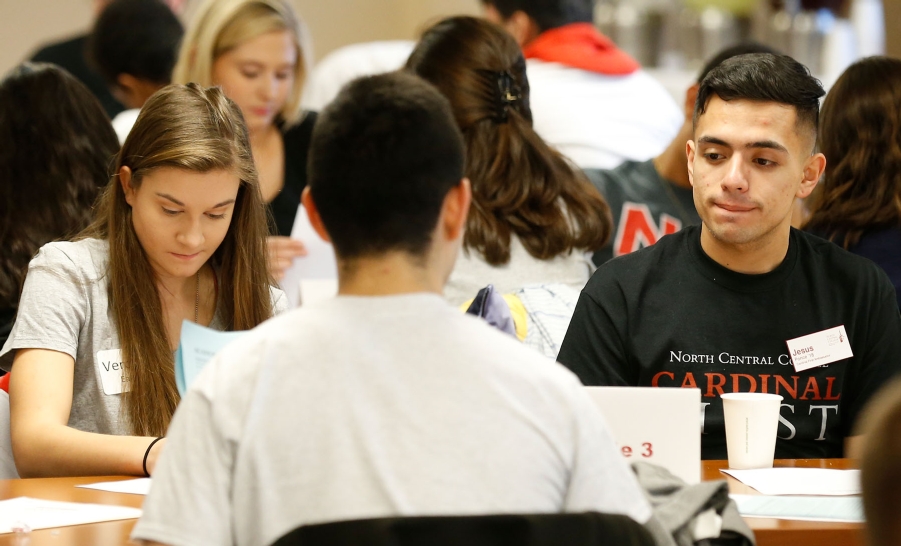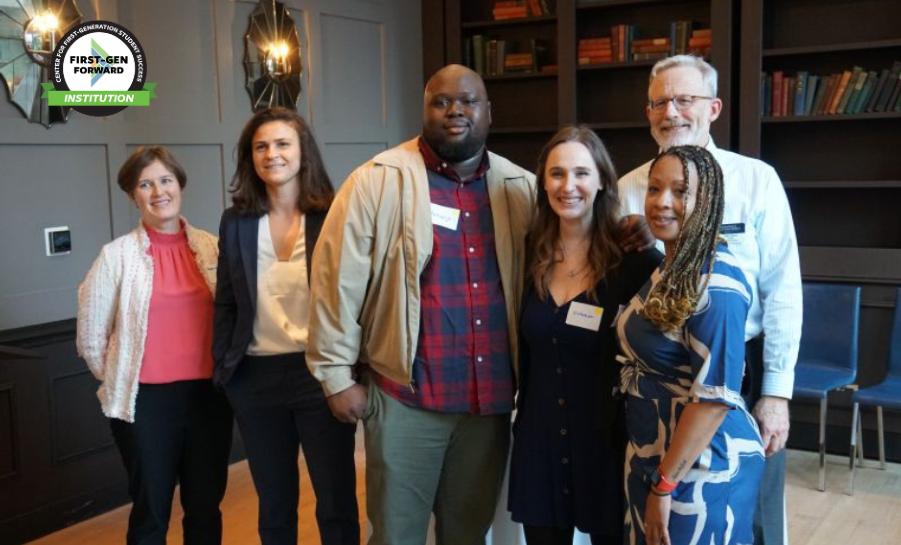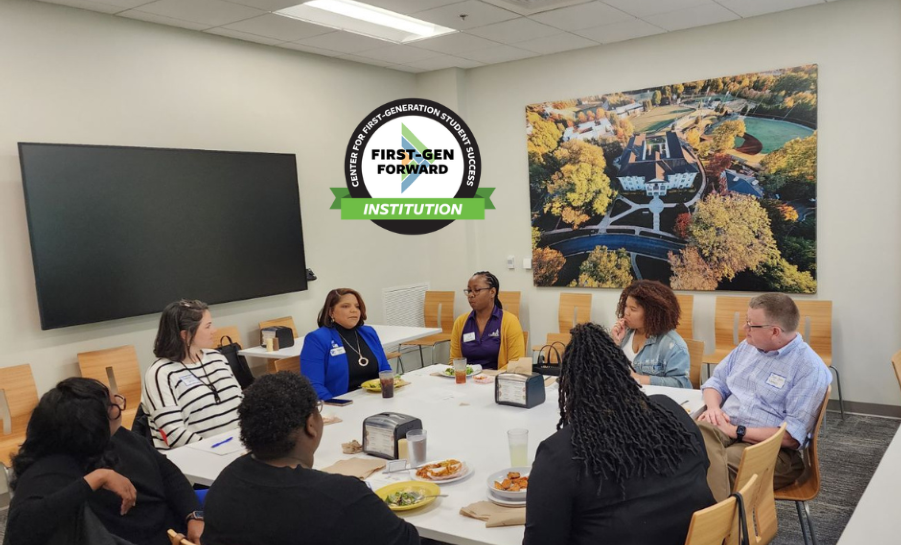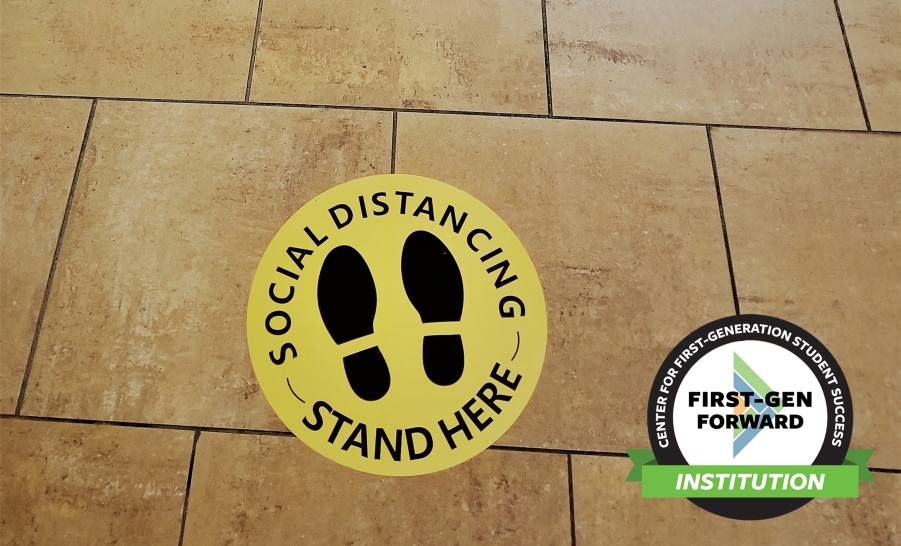When Passion Meets Support: Fostering First-generation Student Success
Andrea I. Guzman Oliver Ed.D., Florida Atlantic University / FirstGen Forward / October 30, 2019
Alleviating financial insecurities for first-generation students is only a small piece of the complex student success puzzle. While financial constraints are, indeed, among the top five barriers to academic achievement, students also cite difficulty navigating the college experience, the pressure and guilt associated with leaving their families, a lack of support, and a lack of connectivity to the institution, faculty, and peers. With this in mind, Florida Atlantic University (FAU) developed the Office of First-Generation Student Success with goal of connecting first-generation students to programs and resources that best promote their personal growth and academic success.
The Office of First-Generation Student Success is also home to the Registered Student Organization “First and Proud” with over 1,400 members. Three of our signature programs are the Kelly/Strul Emerging Scholars Program, Reaching Individual Success and Empowerment, and the Urban Male Initiative.
Kelly/Strul Emerging Scholars Program
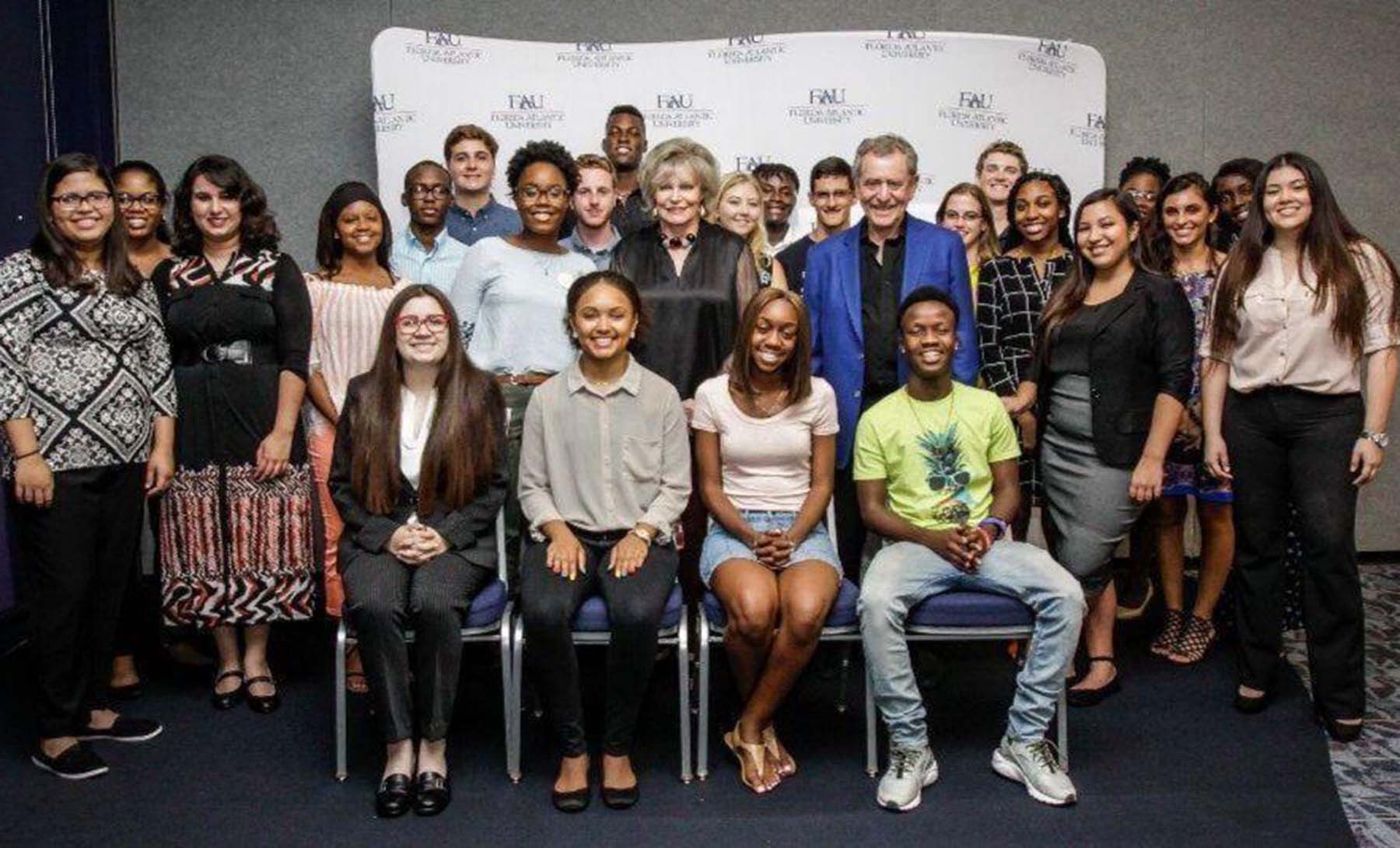
Reaching Individual Success and Empowerment (RISE)
RISE is a research informed program for low-income first-generation students based on the Schlossberg’s Transition Theory. The main objective of RISE is to help students effectively cope with transition through intentional engagement and high-impact practices. RISE is structured into five pillars and is designed to be intrusive. The five pillars are cultural competence development, leadership and civic engagement, mentoring, career readiness, and academic support. Each participant is assigned a RISE mentor who monitors program requirements and academic progress. Additionally, RISE incentivizes students with a bookstore stipend.
Urban Male Initiative (UMI)
The Urban Male Initiative is designed to facilitate the retention, scholarship, graduation and leadership of historically underrepresented men of color. This is accomplished through a research-based curriculum grounded in the Critical Race and Resiliency Theories. Program components include the UMI Apprentice for Freshman and Sophomores; UMI Scholars for Juniors; UMI Graduates for Seniors; and the Professional and Peer Mentoring Program. Participants also receive academic support and wrap around services, as well as financial support. The UMI Motto is: “Empowering, Redefining, and Becoming Men of Content and Character”.
To increase student success, higher education institutions must be willing to go beyond addressing financial barriers: colleges and universities must provide first-generation students with an academic and social support system, as well as financial support that can open doors to a variety of college experiences. The Office of First-Generation Student Success was intentionally designed to ensure students have the financial security needed to focus on their academics, as well as support systems to address other barriers associated with high dropout rates of first-generation college students.
Wrap around support programs such as the Kelly/Strul Emerging Scholars Program, Reaching Individual Success and Empowerment, and the Urban Male Initiative are most successful when each students’ hard work and dedication is matched by institutional commitment. It is only when passion meets support that first-generation students will exceed expectations and become the engaged and energetic leaders of tomorrow.
If you are interested in learning more about our programs or align your institution’s initiatives with those at FAU, please feel free to visit our website or email Dr. Andrea I. Guzman Oliver.
